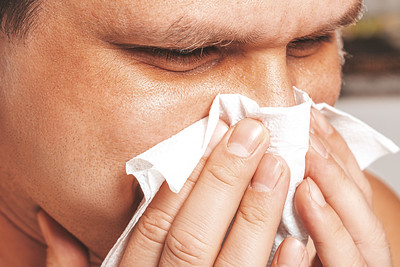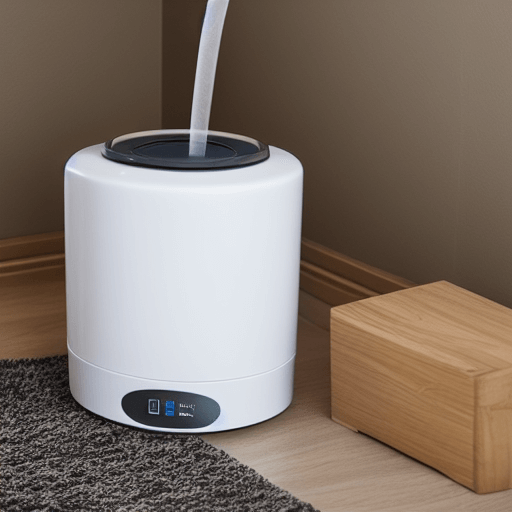For new parents, the topic of humidifiers often comes up when discussing their baby’s sleep environment. Some parents love them, some parents swear by them, and some parents have never even heard of them! If you have a baby, you know that sleep is precious. And anything that can help baby sleep better is worth considering.

According to the Mayo Clinic, over 50% of Americans suffer from some type of nasal congestion. And as anyone who has ever had a stuffy nose can attest, it’s not a pleasant experience. So it’s no surprise that people are always looking for ways to clear out their congested sinuses. One popular method is using a humidifier. But is it safe—and effective—to use a humidifier in your baby’s room?
So, what’s the verdict? Is it good to use a humidifier for your baby? Let’s take a look at the pros and cons.
The Pros Of Using A Humidifier For Your Baby
There are several benefits to using a humidifier in your baby’s room. First, humidifiers can help alleviate congestion and cold symptoms by adding moisture to the air. This can be especially helpful for babies who are prone to ear infections.
Second, humidifiers can help improve sleep quality by creating a soothing, relaxed atmosphere. And last but not least, humidifiers can help protectAgainst dry skin and chapped lips—two things that no parent wants their baby to suffer from!
Third, having a humidifier in baby’s room can help prevent dry skin and congestion. Dry air can be especially tough on babies’ delicate skin, and the added moisture can also help loosen mucus and make it easier for baby to breathe.
The Cons Of Using A Humidifier For Your Baby
While there are several benefits to using a humidifier for your baby, there are also some potential drawbacks. One is that if the humidifier is not cleaned regularly, it can become a breeding ground for bacteria and mold. There’s a risk of over-humidifying the room, which can create an environment that’s conducive to mold growth.
Another is that too much moisture in the air can actually make respiratory problems worse. That’s why it’s important to use a humidifier only as directed and to clean it frequently.
Another drawback is that they can be a bit noisy, which may not be ideal if you’re trying to get baby to sleep. So it’s important to use a humidifier only as needed, and to keep an eye on the humidity levels in the room.
How Do Humidifiers Work?
Humidifiers work by releasing water vapor into the air. This vapor helps to moisten the mucous membranes in your nose and throat, making it easier to breathe. And when your nasal passages are properly moisturized, they’re better able to trap bacteria and viruses, which means you’re less likely to get sick.
If you follow these simple guidelines, using a humidifier in your baby’s room should help them sleep more comfortably—and hopefully, help them (and you) avoid those pesky colds all winter long!
Moving On
So, is it good to use a humidifier for your baby? The answer is yes—as long as you use it as directed and clean it regularly. Humidifiers can offer several benefits for babies, including alleviating congestion and cold symptoms, improving sleep quality, and protecting against dry skin and chapped lips.
If you’re struggling with nasal congestion, using a humidifier may help—just be sure to follow a few simple safety precautions. Clean your humidifier regularly, monitor the humidity level in your baby’s room, and keep the vapor away from your baby’s skin to prevent irritation. With proper care, a humidifier can be a great tool for keeping your baby comfortable all winter long!
Just be sure to follow the manufacturer’s directions carefully to avoid any potential problems. Monitor the humidity levels in the room carefully to avoid creating an environment that’s too moist.
